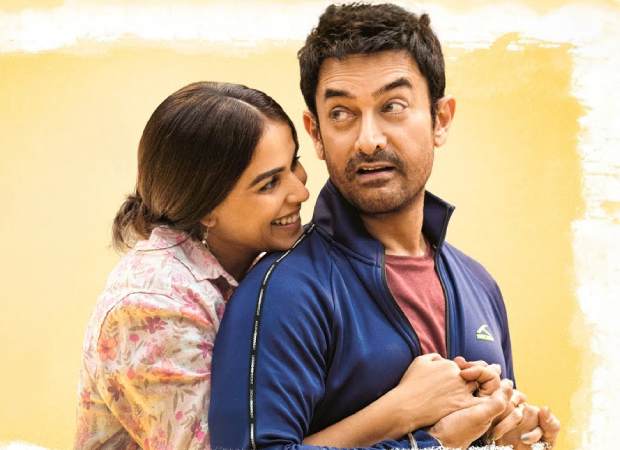NEW DELHI: Prime Minister Narendra Modi on Thursday attended the International Abhidhamma Divas programme during which he emphasised on preserving India’s linguistic and cultural heritage, particularly the Pali language.
The event was hosted by the ministry of culture in association with the International Buddhist Confederation, featured Pali chanting by venerable monks and discussions on the significance of Pali as a classical language, further underlining the event’s focus on reviving and promoting Buddha’s timeless teachings.
Speaking at the event, he remarked, “Language is the soul of civilisation and culture. Therefore, it is the responsibility of all of us to keep the Pali language alive, to keep the words of Lord Buddha alive with its original values. I am happy that our government has fulfilled this responsibility with great humility.”
PM Modi highlighted how India’s identity had been attacked both before and after independence, noting that invaders tried to erase the country’s cultural roots. He criticised previous governments for neglecting this heritage, stating, “Before independence, the invaders were engaged in erasing the identity of India, and after independence, people became victims of the mentality of slavery. India was captured by such an ecosystem that worked to push us in the opposite direction.”
He pointed out that the Pali language had long been overlooked, only now receiving its due recognition after seven decades. “It took seven decades for the Pali language to get its rightful place. The country is now moving ahead with self-respect, self-confidence, and self-pride,” he said, adding that this cultural revival is part of the broader transformation India is undergoing.
In addition to Pali, the union cabinet recently granted classical language status to Marathi, Bengali, Assamese, and Prakrit languages. PM Modi acknowledged these efforts, saying, “The country is taking big decisions. Therefore, today Pali language gets the status of a classical language, and at the same time, the Marathi language also gets the same respect. Similarly, we have given the status of classical language to Bengali, Assamese, and Prakrit languages.”
Connecting the teachings of Buddha to modern times, PM Modi reiterated the global relevance of his message, especially in a world plagued by instability and conflict. “Today, I say with great confidence that the whole world will find solutions in Buddha and not in Yuddh (war). Today, on the occasion of Abhidhamma Divas, I appeal to the whole world to learn from Buddha, eliminate war, and pave the way for peace because Buddha says there is no greater happiness than peace.”
The Prime Minister also paid tribute to Dr BR Ambedkar, a key figure in Indian history and a prominent follower of Buddhism, noting that his government has made efforts to develop places linked to Ambedkar and the Buddhist faith. Modi also called on the nation to honor its responsibility in preserving the Pali language, which is no longer widely spoken but holds immense cultural and historical significance. “Buddha’s teachings were originally preserved in Pali, and it is everyone’s responsibility to preserve the language,” he remarked.
The Abhidhamma Divas marks the Buddha’s descent from the celestial realm of the thirty-three divine beings (Tavatimsa-devaloka) to Sankassiya in Uttar Pradesh. The event, which also coincides with Sharad Purnima and Valmiki Jayanti, was attended by ambassadors, monks, and scholars, highlighting the growing global engagement with Buddhist teachings.
PM Modi concluded his speech by reaffirming the government’s commitment to preserving India’s rich cultural and religious traditions, stating, “Buddha resides in India’s soul, and his teachings remain not only relevant but also necessary in today’s world.”






